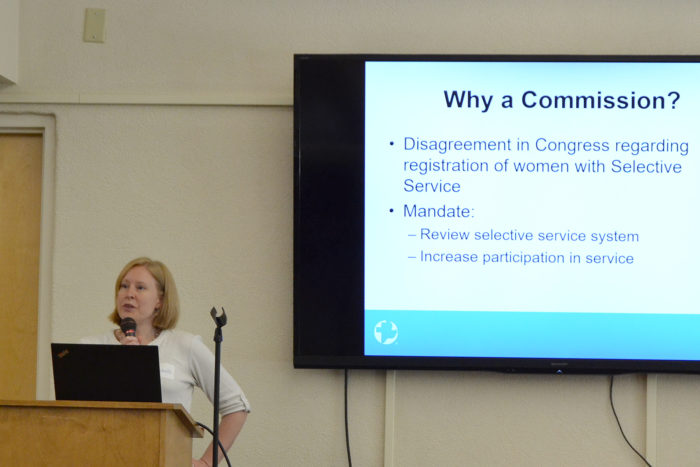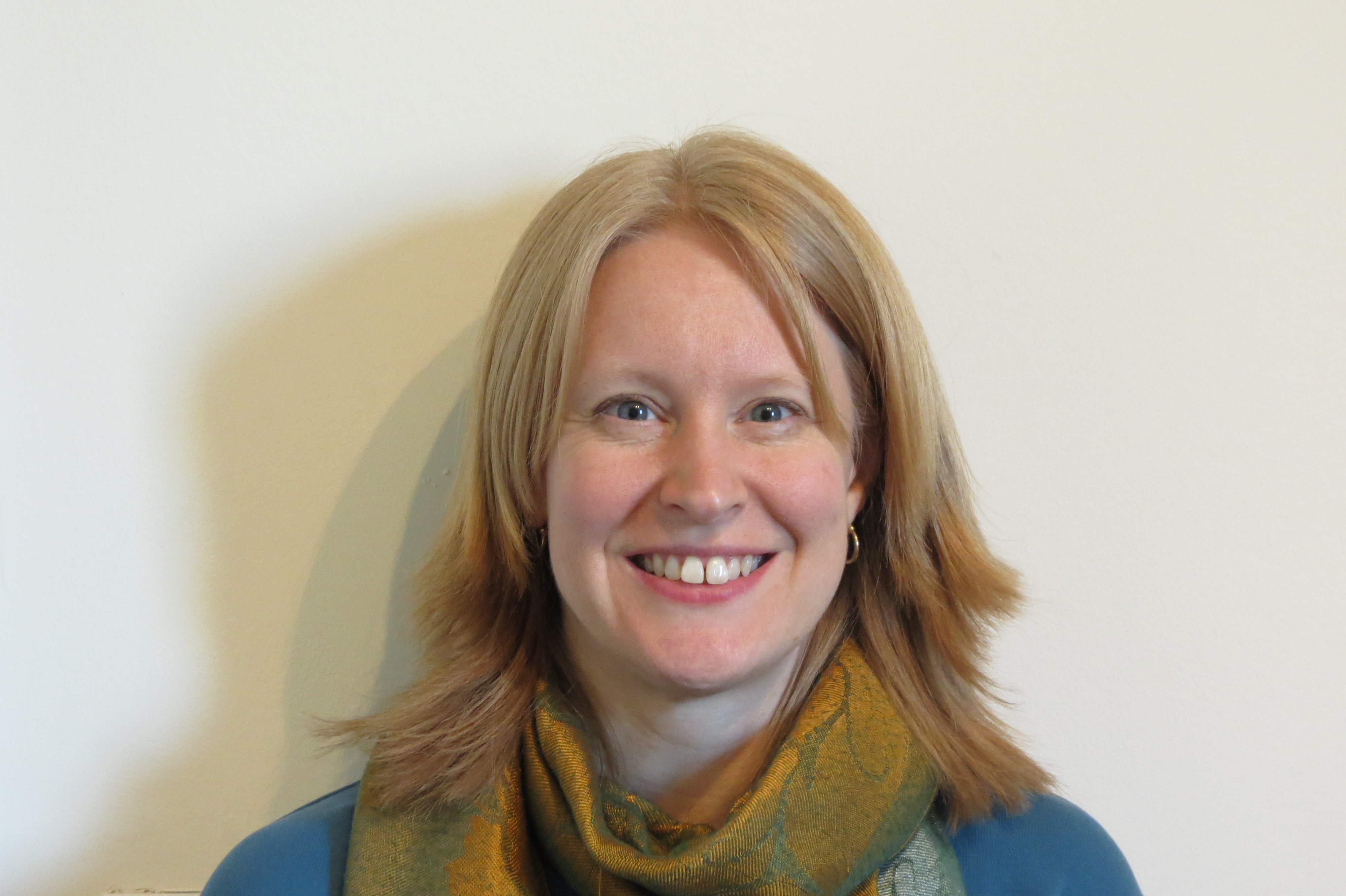A look at military, national and public service
In 2016 members of the House and Senate could not agree whether women should be required to register with Selective Service, the apparatus to mobilize a military draft. Though the military opened combat roles to women in 2013, only men are required to register when they turn 18.
Congress formed the National Commission on Military, National and Public Service to study the issue, as well as ways to increase participation in service overall. The commission’s work is of keen interest to Anabaptist groups, who strongly value voluntary service and who oppose serving in the military.
In January 2019 the commission released interim recommendations. The commission interpreted service broadly, as a “personal commitment of time, energy, and talent to a mission that contributes to the public good by protecting the nation and its citizens, strengthening communities, or promoting the general social welfare.” This includes military and non-military service.
The commission’s interim recommendations included:
- Making service “universal” in one of the following ways: investing enough financial resources so that anyone who wishes to serve can do so; establishing an expectation or “norm” that every U.S. resident will serve for a year in either military or non-military service; or making service obligatory, with a choice as to what type of service is performed.
- Requiring women to register with Selective Service. (In February 2019 a federal court ruled that it was unconstitutional to require only men to register.)
- Integrating service into high school and college curricula. This includes community service as well as increasing military recruitment in schools.
In June 2019 Mennonite Central Committee U.S. convened a meeting of various Anabaptist groups to consider and respond to the commission’s recommendations. The groups agreed to send a letter to the commission that included: opposition to a universal obligation to serve in the military; protections for conscientious objectors to war; the recommendation that women not be required to register with Selective Service; concern over the conflation of military service with service to one’s community; and concerns regarding military recruitment.

Rachelle Lyndaker Schlabach speaks at the June 2019 gathering of Anabaptist groups on the National Commission on Service. Credit: Cheryl Brumbaugh-Cayford/Church of the Brethren.
As of December 31, the commission has concluded the time for public comment. It is scheduled to release final recommendations to Congress in spring 2020. The MCC U.S. Washington Office will monitor what emerges from these conversations and continue to support the values of peace and voluntary service. As the letter stated, “In following Jesus, we serve in ways that build up, nurture, and encourage rather than destroy. Our opposition to war is not cowardice but an expression of Christ’s forgiving love as shown on the cross.”




